On April 12, 1787, Richard Allen and Absalom Jones founded the Free African Society in Philadelphia to be a multi-denomination mutual aid organization for freed people so that they could gather strength and develop leaders in the community. Allen and Jones were both religious leaders and formerly enslaved men who had purchased their freedom before moving to Philadelphia, where they met and found common cause.
The Free African Society was a benevolent organization grounded in Christian religious faith and operating outside denominational differences to serve the social needs of Black Philadelphians. In the Encyclopedia of Greater Philadelphia it is noted:
Members in good standing could expect a number of benefits from the mutual aid fund. Particularly in the first years of the society, important aspects of support for members included payments for burials and providing financial aid for widows and other family members of the deceased, finding apprenticeships for children to learn a trade, and paying tuition for members’ children if places in free schools were not available. Over time, the society expanded to care for the social and economic well-being of its members by providing moral guidance, by helping newcomers to the city feel welcome, and by giving assistance during periods of financial difficulty brought on by unemployment or sickness. The society also took on the task of assisting the sick during the yellow fever epidemic in 1793. Members nursed the sick, dug graves and buried the dead, and transported the ill to quarters outside of the city where they could be quarantined and given medical aid.
The preamble to their founding documents describes why they founded the society and its mission:
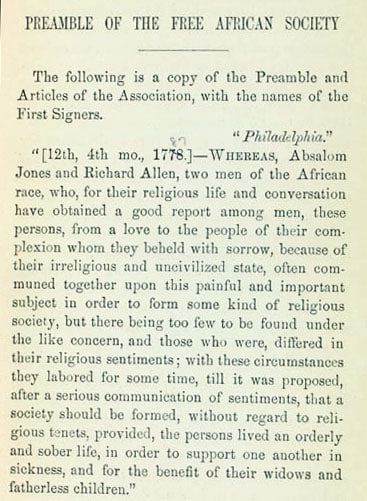 Whereas, Absalom Jones and Richard Allen, two men of the African race, who, for their religious life and conversation have obtained a good report among men, these persons, from a love to the people of their complexion whom they beheld with sorrow, because of their irreligious and uncivilized state, often communed together upon this painful and important subject in order to form some kind of religious society, but there being too few to be found under the like concern, and those who were, differed in their religious sentiments; with these circumstances they labored for some time, till it was proposed, after a serious communication of sentiments, that a society should be formed, without regard to religious tenets, provided, the persons lived an orderly and sober life, in order to support one another in sickness, and for the benefit of their widows and fatherless children.
Whereas, Absalom Jones and Richard Allen, two men of the African race, who, for their religious life and conversation have obtained a good report among men, these persons, from a love to the people of their complexion whom they beheld with sorrow, because of their irreligious and uncivilized state, often communed together upon this painful and important subject in order to form some kind of religious society, but there being too few to be found under the like concern, and those who were, differed in their religious sentiments; with these circumstances they labored for some time, till it was proposed, after a serious communication of sentiments, that a society should be formed, without regard to religious tenets, provided, the persons lived an orderly and sober life, in order to support one another in sickness, and for the benefit of their widows and fatherless children.
The society took monthly dues and used the funds to support Black Philadelphians, including widows and orphans:
. . .the surviving widow of a deceased member should enjoy the benefit of this Society so long as she remains his widow, complying with the rules thereof, excepting the subscriptions.
. . .the children of our deceased members be under the care of the Society, so far as to pay for the education of their children, if they cannot attend the free school; also to put them out apprentices to suitable trades or places, if required.
Read the complete Preamble and Articles.
Allen left the Free African Society when it grew more Quaker under religious influence from the Society of Friends. He went on to found the first African Methodist Episcopal Church, Mother Bethel African Methodist Episcopal (AME) Church, in 1794.
Learn more about Allen’s life at the Pennsylvania Historical Society and learn more about Rev. Absalom Jones at the Episcopal Archives.

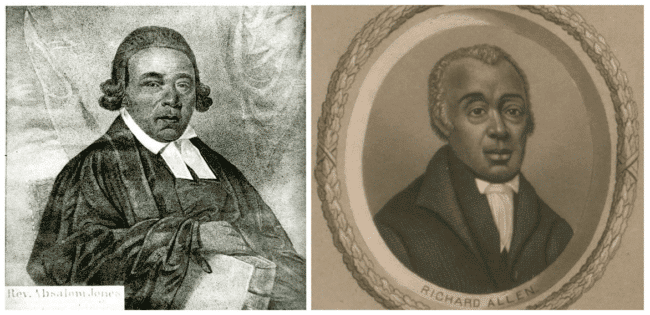
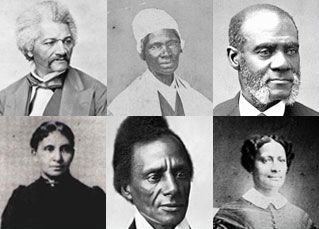

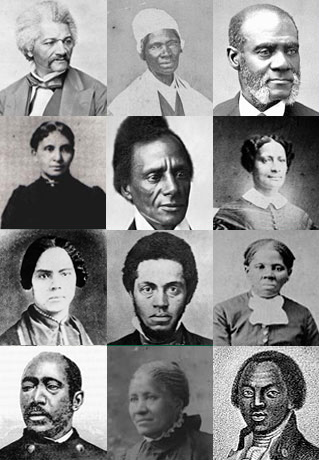

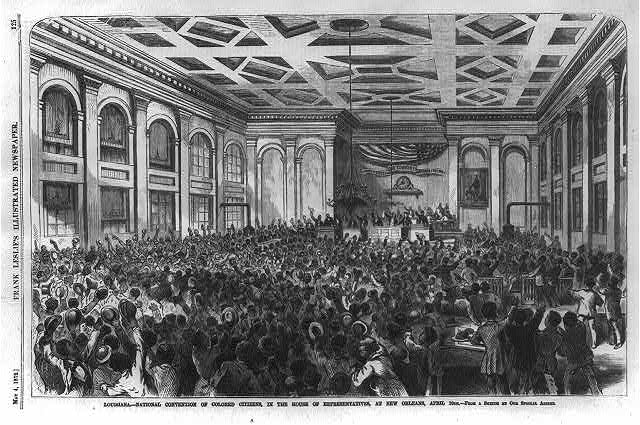





Twitter
Google plus
LinkedIn